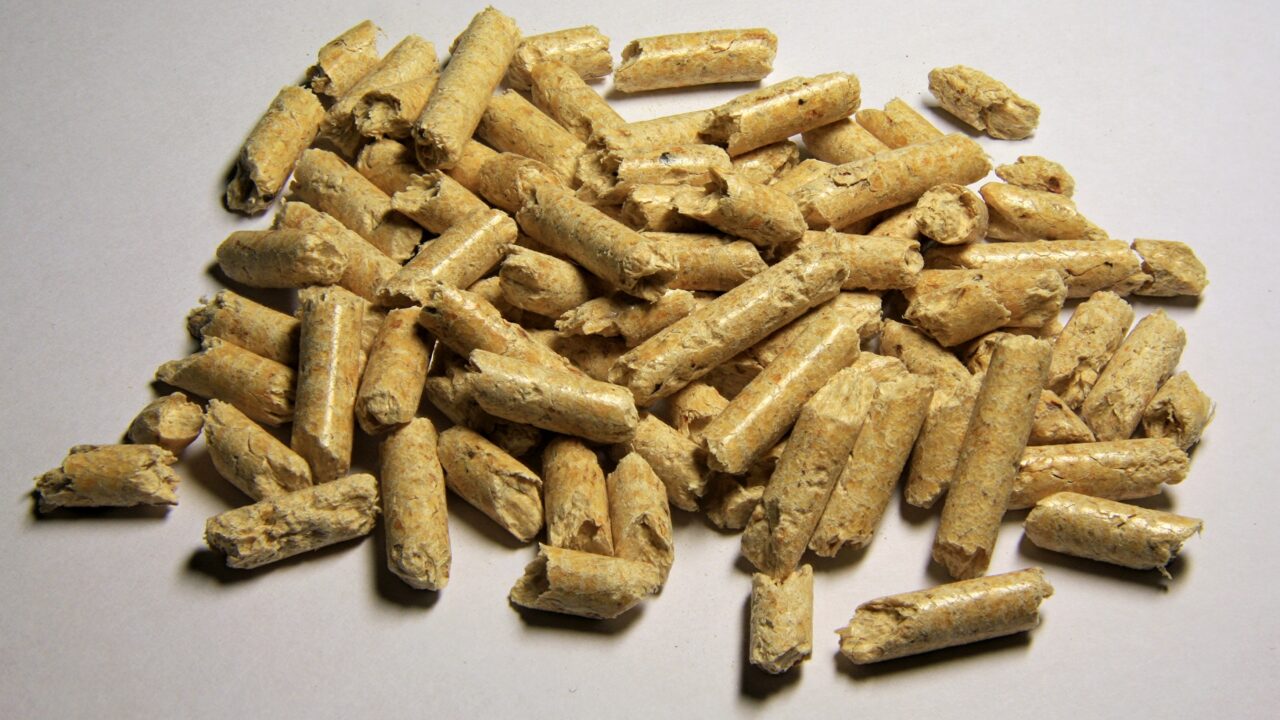A report examining Northern Ireland’s botched Renewable Heat Incentive (RHI) scheme has warned progress establishing a “green economy” could be reversed and annual CO2 emissions increased sevenfold should the scheme be wound up early.
The report was authored by Grant Thornton and co-funded by the Ulster Farmers’ Union (UFU).
It read: “It is our opinion that this progress is at risk of being reversed if the scheme is terminated.
“We estimate that if all participants in the non-domestic RHI scheme reverted to kerosene, this will generate 120,557t of CO2 in comparison to 16,629t for wood pellets a year.
“The longer-term disbenefits will continue beyond the 15 years remaining of the scheme.”
The Grant Thornton report assesses the financial implications of policy decisions by the Department of Economy relating to the non-domestic RHI scheme and the recent consultation on its closure.
Approval was given for the union to co-fund the report on the back of a request made by the union’s poultry committee.
Return to fossil fuels expected
UFU deputy president David Brown said: “The independent Grant Thornton report accurately provides evidence that some of the assumptions and calculations used, may have led to errors in the conclusions reached on previous tariff cuts and anticipated scheme closure.
“The report highlights many risks which Department of Economy may not have previously considered fully – particularly in the event of a rapid return to fossil fuels by many in the agri sectors should the scheme be closed.”
Out of the non-domestic RHI installations, the report highlights that 53% of these are in the agriculture sector, with many being a single or double boiler installation.
“The progress made to date in reducing NI’s carbon emissions by 7%, in the non-domestic heat sector, could be reversed if the scheme is terminated,” Brown added.
“This has been documented in the report as well as the possibility of causing an increase in the use of fossil fuels as concluded by the NI Affairs Committee.”
Buy-out costs for RHI boilers
The report also warned that the options proposed in the consultation regarding the scheme’s closure could have a significantly damaging economic impact on bioenergy crop enterprises.
It also raised concerns that objective valuation of capital expenditure and operating expenses were not included in Department of Economy’s baseline calculations, and that capital expenditure cost analysis omits relevant and appropriate costs.
As a result, it suggests figures of £122,927 and £146,702 to compensate for the early termination of agreements for 99 kWh and 199 kWh boilers accredited in 2015, respectively.
“The Grant Thornton report concludes that the tariff calculation process undertaken by Ricardo, Cornwall and the Department of Economy, do not adequately reflect the full costs associated with RHI boiler installation and operation,” Brown said.
“They point to an accumulation of flawed assumptions and state that this has had a material impact on the calculation and interpretation of tariffs. This has been denied by the Department of Economy since early 2017.
“Following this report, we hope that decision-makers will take notice when considering any future legislation regarding this scheme. RHI participants have called for the scheme to be fixed not closed,” said Brown.
The report also raises significant long term issues regarding business sustainability, the achievement of environmental targets and unforeseen consequences. All of which, it suggests, may not have been recognised previously by those who proposed scheme closure.
